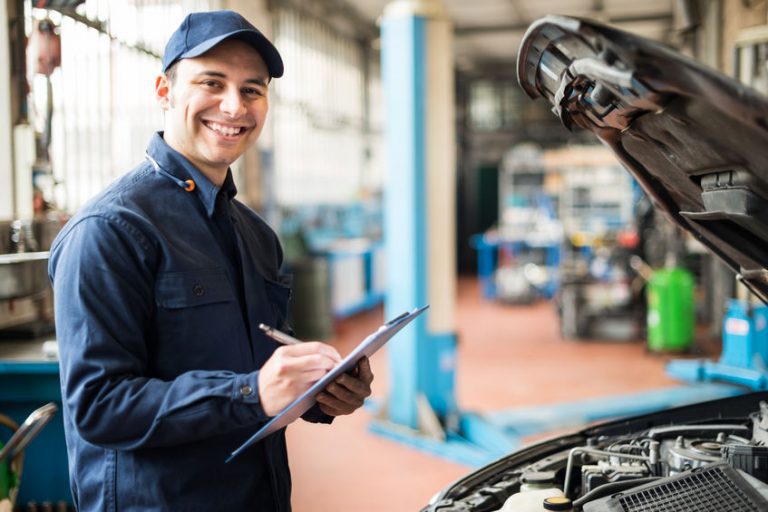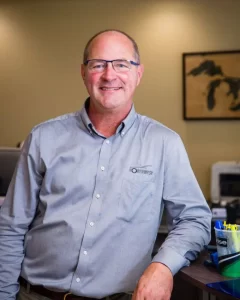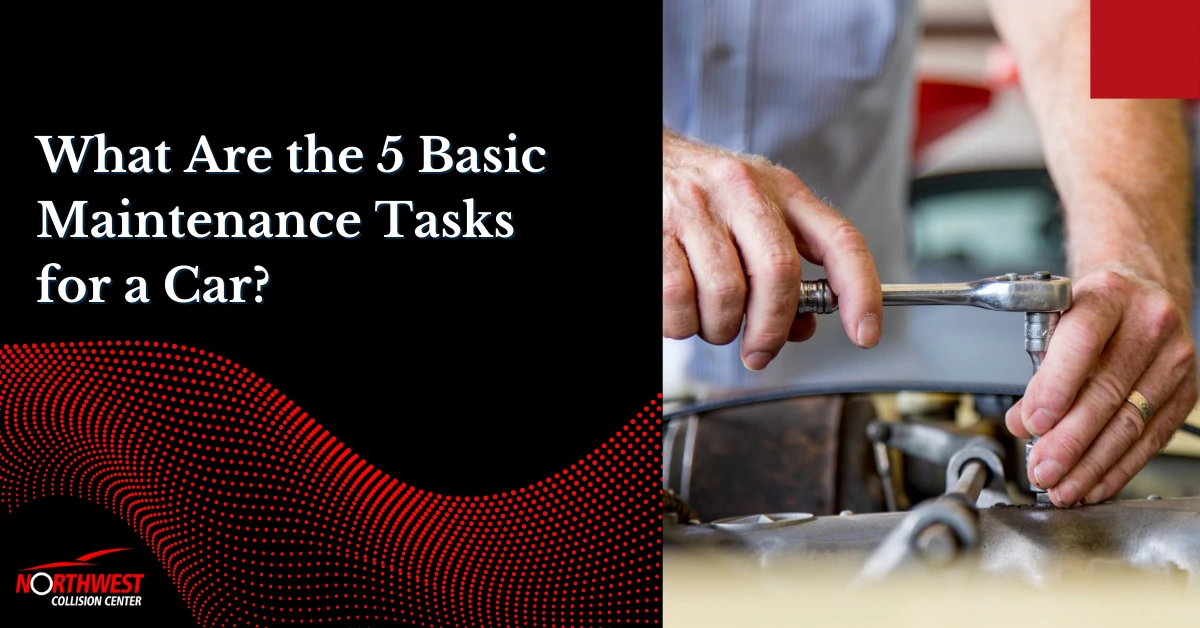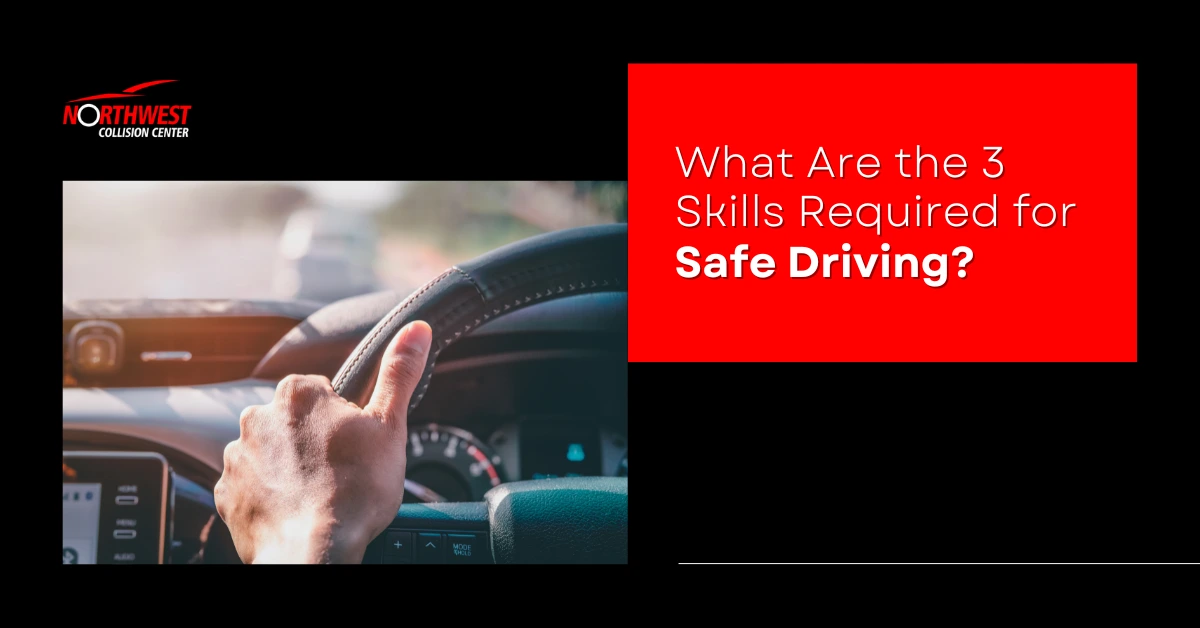One hopes to never have a car accident that will lead to auto body repair, but the fact of the matter is that most people will be in at least one accident in their lifetime. When your turn comes around, you need an auto body repair shop that you can trust. Here’s how to know you’ve found a good one.
Reputation
Before taking your car to any auto body repair shop, you should check out their reputation. All companies now have an internet presence, even if they haven’t actively put themselves out there. Yelp and Google both list businesses with the ability to leave a review, even if that business has not actively entered a listing. It should be a simple matter to find reviews and make your own determinations.
Technical Certifications
The technicians that will be working on your car should have technical certifications proving that they have the knowledge and skill to make repairs properly. Look for technical certificates posted on the walls of the auto body repair shop.
Professional Staff
Customer service begins when you first contact a company, before they ever provide you with a product or service. This is also true for auto body repair. The professionalism and courtesy of the staff from the beginning will tell you how you can expect to be treated as your repairs are completed.
Timeliness
How quickly the autobody shop can get your car back on the road depends on several factors, including the extent of the damage, parts availability, and how many cars are ahead of you in the queue. A good auto body repair shop will have a good relationship with several parts suppliers so that you are never waiting on parts for your repairs to be completed. They will also have adequate scheduling and staff to get cars through quickly.
If you have recently been in a car accident and need a good auto body repair shop, contact us today for more information about our certifications and experience.










